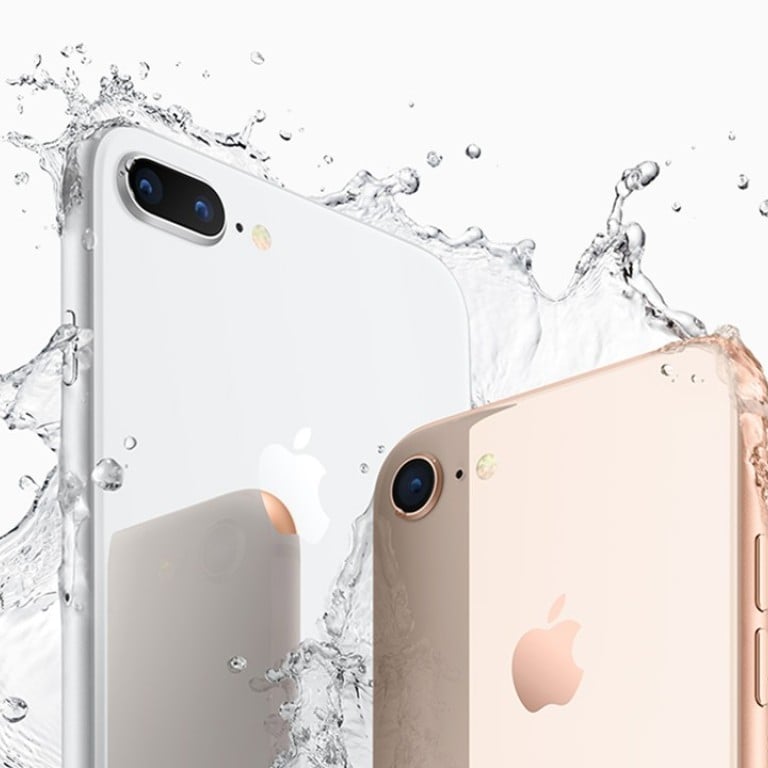
Instant charging of your iPhone? Chinese researchers make progress on graphene batteries
Instant charging of an iPhone became one step closer to reality after researchers at China’s Zhejiang University recharged a battery for just 1.1 second and used that to power a light bulb for an hour.
Instant charging of an iPhone became one step closer to reality after researchers at China’s Zhejiang University recharged a battery for just 1.1 second and used that to power a light bulb for an hour.
The graphene-based battery retained 91 per cent of its capacity after charging more than 250,000 times and performed stably under extreme temperatures, according to the university’s nanopolymer lab. The breakthrough was detailed in a paper published last month in Science Advances, a US peer-reviewed scientific journal.
“So far the research is mainly to power lighting,” Xu Hanyan, postgraduate student of the Zhejiang University and co-author of the paper, said in an interview. “However, the industrial application looks promising through increasing capacity of the battery, namely by adding thickness.”
Dubbed as the wonder material that potentially can replace silicon in the future for computing, graphene is an ultra-light material that is also one of the strongest materials known to man. It is Mhundreds of times stronger than steel and conducts electricity better than copper.
Governments and research institutes across the world have pumped billions of dollars into studying the material, with potential applications ranging from power storage to electronic components, from cancer treatment to water filtration.
China is among all the most aggressive in researching and developing graphene, listing the material as one of its 10 key sectors under its Made in China 2025 plan, a manufacturing roadmap for the country.
Prospects for graphene’s use has attracted about 500 mainland Chinese companies, accounting for up to 80 per cent globally, according to statistics by China Innovation Alliance of the Graphene Industry (CIAGI).
The current capacity is still some ways off what phone battery can offer, according to Xu, as the battery is equivalent to 30 mAh after charging for less than 1 minute, compared to the smartphone’s 3000 mAh range.
Ultra-fast charging for bigger power appliances looks set to become reality soon. ZapGo, an Oxford-based technology start-up, will start manufacturing graphene batteries this year in China that can power electric cars with a five-minute charge.

